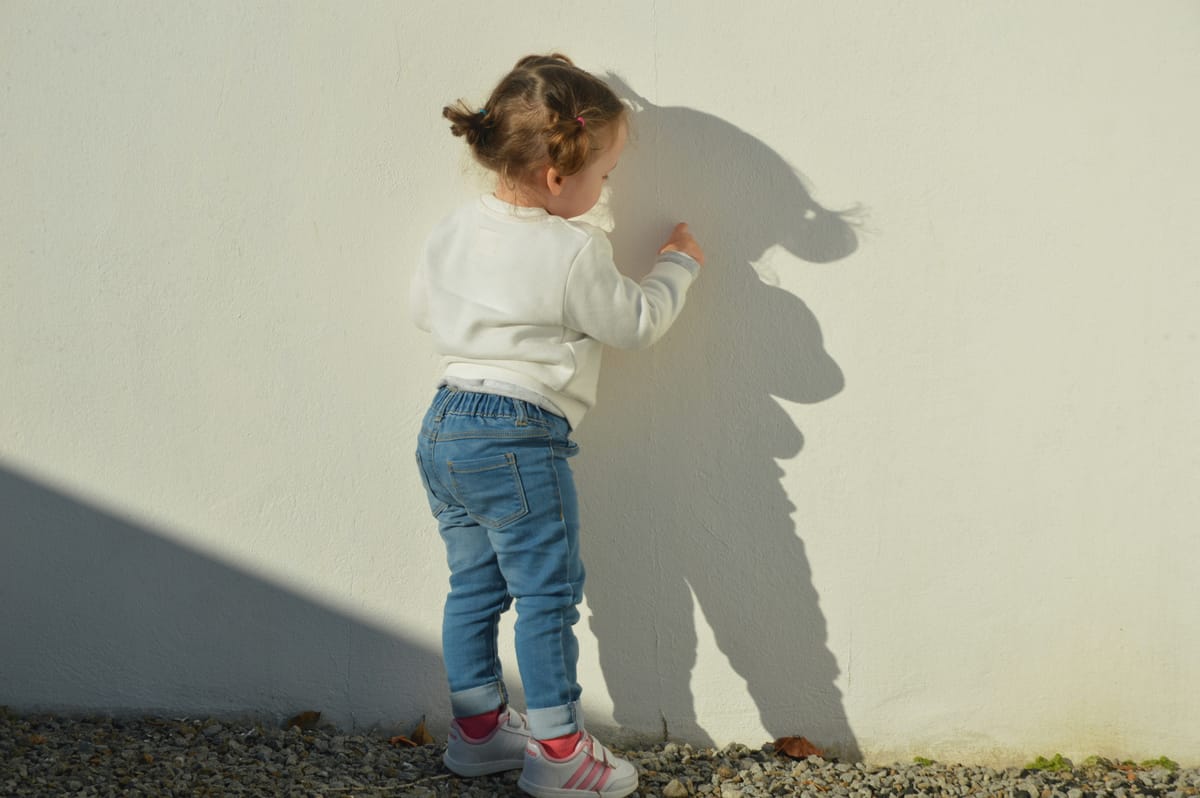How is the shadow formed?

The shadow is simply another word for our unconscious mind, the parts of ourselves that are not in conscious awareness. In Deep Process Psychotherapy or Shadow Work, the shadow refers to those parts of ourselves that we ignore, deny, or suppress.
The formation of the unconscious mind in childhood is a complex process rooted in early experiences, emotions, and interactions that shape an individual's psyche. The unconscious mind consists of thoughts, memories, and desires that are not in our immediate awareness but still influence our behaviour and decision-making. Sigmund Freud, the founder of psychoanalysis, introduced the concept of the unconscious, which Carl Jung and other psychologists later expanded upon.
We are born into the world as complete individuals with all the necessary capabilities to survive and thrive. When we are first born, we are in a state of complete unity, with no separation between the conscious and unconscious. Developing the unconscious mind is an essential and unavoidable process in our development.
How does this happen?
Early Life Experiences
From birth, children experience various emotions and stimuli that affect their development. While some experiences are processed consciously, others—especially those that are overwhelming, traumatic, or in conflict with social norms—are repressed and pushed into the unconscious. According to Freud, the unconscious holds desires and fears that the conscious mind cannot accept.
For instance, a child who experiences criticism or rejection from a caregiver might suppress feelings of anger or inadequacy. Over time, these unprocessed emotions settle into the unconscious mind and may manifest later in life through behavioural patterns, anxieties, or defence mechanisms.
Parental and Caregiver Influence
Parents and caregivers play a significant role in shaping the unconscious mind. How caregivers respond to a child's needs, provide affection, set boundaries, and discipline can affect the child's emotional development. For example, suppose a child is consistently denied attention or comfort. In that case, they may internalize feelings of worthlessness or fear of abandonment, which could be stored in the unconscious and influence their adult behaviour.
Psychologist John Bowlby’s attachment theory explains how early bonds with caregivers affect emotional regulation and future relationships. Secure attachment fosters a balanced psyche, while insecure attachment may lead to unconscious fears or maladaptive patterns .
Defence Mechanisms
As the child encounters situations that cause anxiety or emotional conflict, the ego develops defence mechanisms to protect the psyche from overwhelming feelings. Common defence mechanisms include repression, denial, and projection. These mechanisms push troubling emotions or desires into the unconscious. For example, a child who feels anger toward a parent may repress those feelings because they believe such emotions are unacceptable.
Over time, these defence mechanisms help shape the content of the unconscious mind, as unresolved conflicts and emotional responses are buried rather than consciously addressed.
Cultural and Societal Norms
Children also absorb cultural and societal norms, which play a significant role in shaping their unconscious mind. From an early age, children learn what is acceptable behaviour based on their surroundings, whether it’s through family values, educational systems, or media exposure. Behaviours and thoughts deemed unacceptable by society (e.g., aggression, certain sexual desires) may be pushed into the unconscious as the child learns to adapt to social expectations.
Carl Jung expanded upon this idea with his concept of the collective unconscious, which refers to the shared reservoir of memories and archetypes that all humans inherit. Jung believed that beyond personal experiences, individuals are influenced by universal patterns of behaviour that shape the unconscious mind .
The childhood roots of the shadow
The unconscious mind forms primarily through childhood experiences, including relationships with caregivers, exposure to cultural norms, and internal psychological conflicts. Early experiences that evoke strong emotions, especially those that are unresolved or repressed, settle into the unconscious mind, influencing the individual’s personality, behaviour, and emotional responses in adulthood. Understanding these unconscious patterns can be key to healing and personal growth, as many modern therapeutic approaches, including psychoanalysis and shadow work, seek to uncover and integrate the hidden contents of the unconscious.